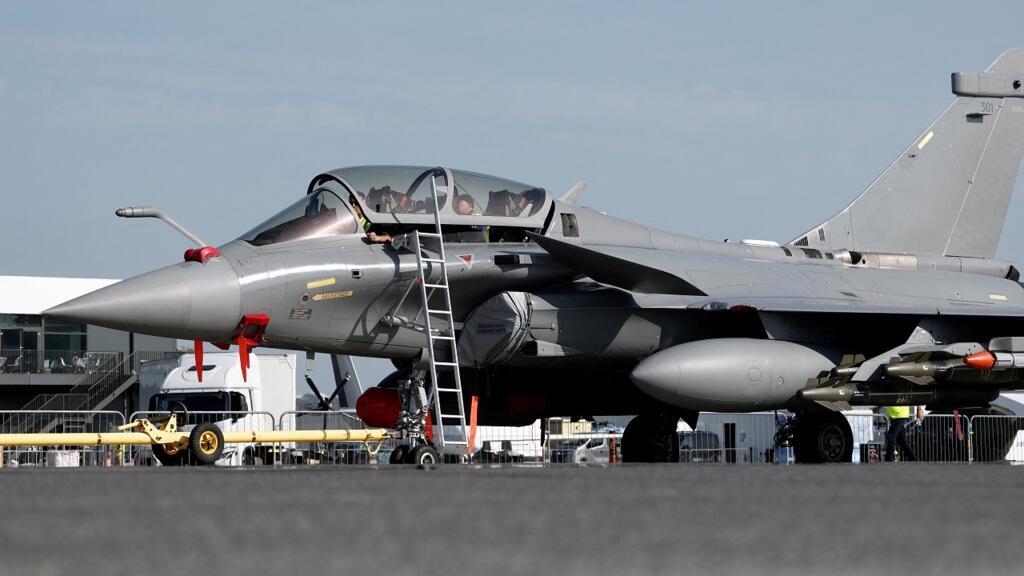
France, Germany and Spain are struggling to keep their ambitious next-generation fighter jet project on course, with Paris now warning it is prepared to forge ahead on its own if no agreement can be reached with Berlin and Madrid.
Launched in 2017 by France and Germany and later joined by Spain, the Future Combat Air System – known by its French acronym Scaf – is designed to deliver Europe’s next flagship fighter aircraft, alongside drones and a "combat cloud" network that connects all vehicles.
But what was once touted as a model of European cooperation now looks mired in deadlock.
Business news service Bloomberg recently reported that Berlin is even considering sidelining France’s Dassault Aviation altogether, possibly seeking fresh partners in Sweden or the UK – or pushing ahead with Spain alone.
Dassault’s chief executive, Éric Trappier, responded defiantly: "If they want to do it by themselves, let them," he told reporters on Tuesday.
"French industry has all the skills and expertise to develop a new-generation aircraft on its own."
Tussling for territory
At the heart of the dispute is who gets to lead each element. Dassault – developer of the Rafale fighter jet – was initially chosen as prime contractor for the new fighter itself.
Airbus’ German arm took the lead on the combat cloud and accompanying drones.

However, the arrival of Airbus’ Spanish subsidiary shifted the balance, with Airbus now effectively speaking for both Berlin and Madrid – and reluctant to grant concessions to Dassault.
Germany and Spain have grown frustrated with Dassault’s demands for greater autonomy in its role as industrial lead. The French manufacturer insists on being able to choose its own subcontractors, even if that alters the workload originally allocated to each country’s industry.
France's Dassault says stepping up Rafale warplane output
Defence ministers to meet
During a visit to Madrid last week, German Chancellor Friedrich Merz struck a more conciliatory note, saying Germany and Spain wanted to "try to reach a solution by the end of 2025".
Standing alongside Spanish Prime Minister Pedro Sánchez, Merz acknowledged the difficulties: "We share the same opinion: the current situation is not satisfactory. We are not moving forward on this project."
The partners must sign a new contract for the next phase of the project, scheduled to begin in 2026, by the end of the year.
A meeting of the three countries’ defence ministers is pencilled in for this October, according to Berlin.







